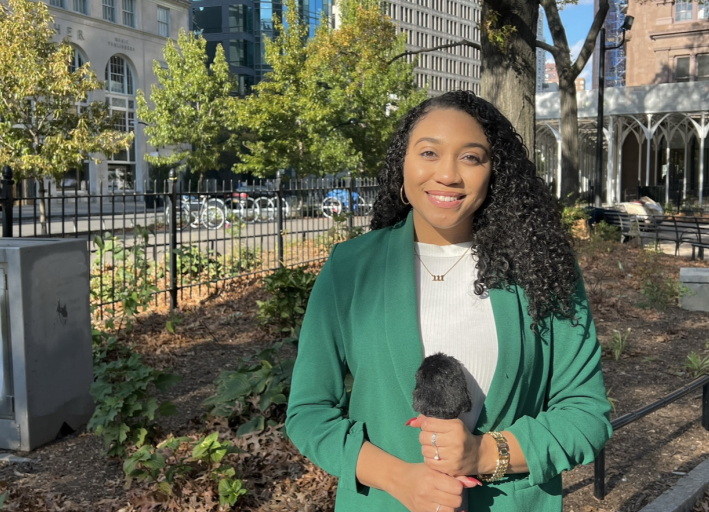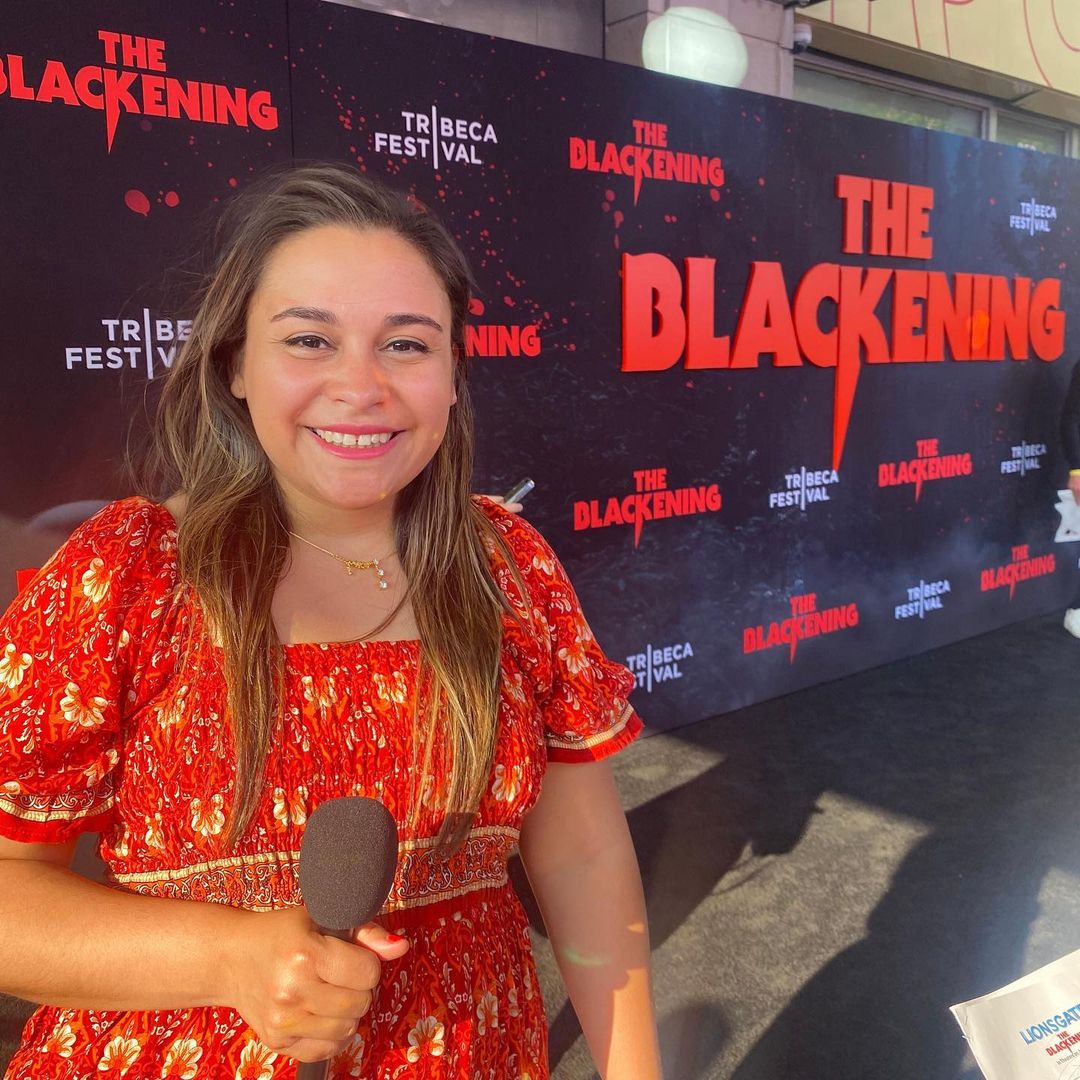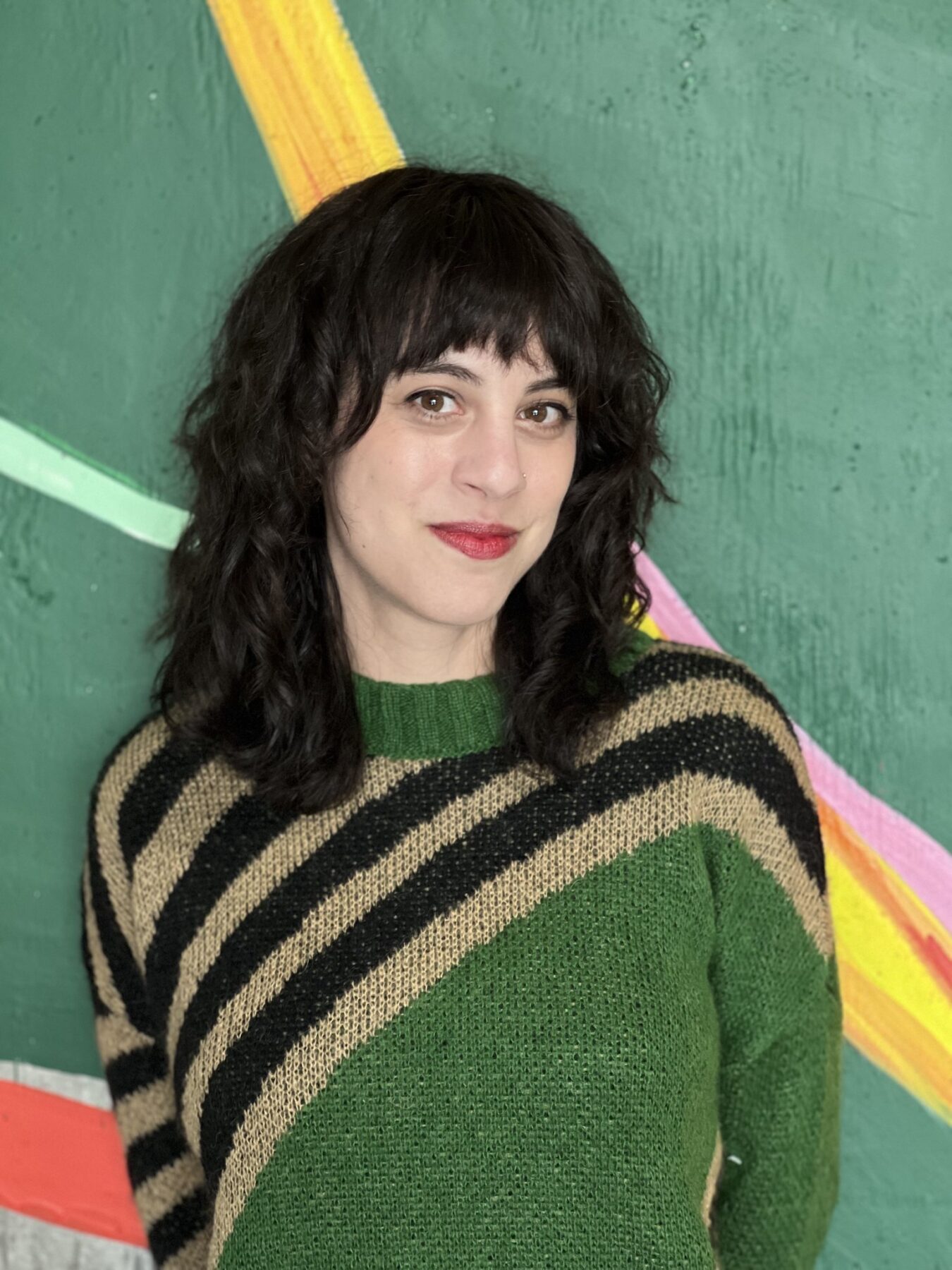
Journalist Colin Salao really hoped to stay at the business publication where he was making a name for himself after his fellowship was over. After all, he had carved out a niche beat – sports media business – and his articles often performed well.
But due to internal changes, he didn’t get hired. Then another role fell through. Salao moved back home to the Philippines to regroup.
“I didn’t know when I was going to come back,” he said. “I thought there’s a chance I’d come back [to the U.S.] in six months, or immediately, depending on the industry. I did all my job applications from the Philippines and I took an edit test at 6 in the morning [local time] and one at 12 midnight.”
Salao is one of many journalism students and recent grads who had high hopes of going from intern to full-time employee, only to have their dreams dashed. While getting hired via your internship is possible, interns need to be prepared if an offer doesn’t come through, advises Chandra Turner, The Talent Fairy career coach and editorial recruiter.
“It’s the exception, not the norm, that you’ll get a job from the same company that you interned with immediately,” said Turner, who has worked at Hearst and Conde Nast. “Go into it and soak up as much as you can, and not necessarily be thinking about the end goal.”
Still, all hope is not lost if an internship doesn’t instantly turn into a job. I spoke to several journalists about how they navigated through the disappointment to find a full-time gig. Here’s what they recommended.
Keep in touch and keep networking
During her junior year at Stony Brook University, Maya Brown interned for NBC News’ social newsgathering team. There, she learned how to monitor social media for breaking news photos and videos, verify online content and geolocations and interview eyewitnesses. “The internship was an amazing, enlightening experience, and the connections I made I was able to keep,” she said.

When her time at NBC News ended, Brown kept in touch with her colleagues as she moved on to her senior year and two internships at another news outlet. But by summer 2022, she knew her chances of getting hired there were slim because of a company merger. So she applied to numerous jobs and reached back out to the NBC News social newsgathering team. Brown got a heads up that there was an opening for an associate reporter. She immediately applied, emailed her former NBC colleagues, went through the interview process and got the job.
“I made sure that they remembered me and said, ‘This is what I did, and I want to be here with you guys,’” said Brown.
This is exactly what Turner recommends doing when you see an open role at a company where you had been an intern. It’s also important to keep in touch with former colleagues regardless, she said.
“It should be as authentic and organic as possible,” Turner said. “Check in every six months, send them an email, comment on something that they’ve posted online and share it. Stay top of mind, not in a creepy way, but in a way that shows you’re admiring their work.”
As for Salao, he stayed in touch with his editors from his fellowship, while also applying for other jobs and networking from the Philippines. A dual U.S. and Philippines citizen, Salao went to the Asian American Journalists Association convention in Los Angeles last summer, where he met and kept in touch with people he chatted with from the media company Arena Group. That ultimately led him to his current role as a breaking news reporter role at The Street, covering the sports media beat again.
“I know it’s super cliche, but the networking part of it is so important,” Salao said. “When I went to AAJA, it changed my perspective of how to network and how to be around people. Not just because you meet person X or person Y, but it’s continuing to stay in contact with them and forming real relationships with people.”
Forge your own path in your specialty
During her final semester at Hofstra University, entertainment journalist Kristen Maldonado interned at Nicktoons and TeenNick.com. The company didn’t hire her at the end of the internship, but she kept in touch with human resources. She even met with someone at another Viacom subsidiary: MTV.
They liked her experience, but there weren’t any openings. So, Maldonado took a job as a restaurant hostess and made YouTube videos in her off hours for her reel. That work helped her sharpen her editing, lighting and visual storytelling skills and get more comfortable on camera.

A few months later, she landed a full-time job on MTV’s social media team. She handed TV clips for the brand’s social media accounts. There, Maldonado applied the skills she learned from her own videos. “There were times where we had layoffs, and we didn’t have as many editors,” she said. “And I had to step in and help edit because I had some of that background on my own. Now, I feel like I have even more skill sets that are marketable for other things.”
Years later, Maldonado developed her video side project into Pop Culture Planet, a multiplatform entertainment brand that promotes diverse voices.
Maldonado’s career is proof that it pays off to build as many skills as you can as you look for a job.
“Now, the jobs you go into, you’re going to need to know a little bit more about everything because the newsrooms are smaller,” Turner said. “You may be hired to do research, reporting, fact-checking, editing – lots of different things that you weren’t doing before. So getting your hands in as much stuff as you can is really important.”
Similarly, data and investigative journalist Cam Rodriguez discovered her passion for data journalism at SRCCON, OpenNews’ collaborative journalism and technology conference. After not having much luck with internships during the pandemic, her first full-time journalism job came through attending the conference. “I can single-handedly trace my career growth back to having attended that conference,” she said. “It helped everything click for me and made me realize this was a tangible career path I can follow.”
Build skills in non-journalism roles
For some, landing that first full-time journalism job takes a little bit longer. It can involve taking on other roles to pay the bills in the meantime. After covering the Washington state legislature for an internship, Tim Gruver participated in a 10-day national program for young political journalists.

Two participants came out of the program with an internship at the major political publication. One eventually landed a full-time gig — but Gruver didn’t. After graduation, he freelanced for local newspapers and even found himself working at a hazelnut factory in Oregon. Both experiences have helped inform how he approaches his current reporter role at The Washington Observer.
“In hindsight, it made me a lot more sympathetic to class struggle and working people’s stories. I don’t think a lot of journalists really think about because they can’t personally relate to it,” he said. “I think having a personal connection to it would definitely change the curation of stories out there.”
Like Gruver, music journalist Rachel Brodsky also took on some non-journalism gigs to make ends meet during the 2008 recession. Her internship at Flavorpill ended at the same time as mass company layoffs. Brodsky then worked as a freelance fact checker at Us Weekly, a literary agent’s assistant, a music publicity intern, a coat checker at a club and a barista. Two years later, she found her first full-time journalism job at Davler Media when the recession subsided.
“I was working for a couple of different people in basically jobs that probably wouldn’t allow for any growth but were bringing in money to pay the bills,” Brodsky said. “It’s so funny to me now just the pedestal that I put a full-time job on, because I spent so long not having one, because it’s so hard to get.”
But according to Turner, taking different types of gigs can help you discover what you actually want to do in your career.
“It may take a few more steps to get there,” she said. “You may be working freelance. You may be working two temp jobs or cobbling some things together for a little bit. But that’s good, too. It’ll help you realize what it is that you are good at. What you really like and what you hate. It’s all part of the process.”


